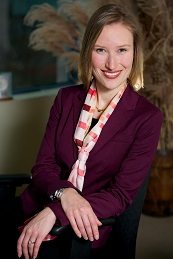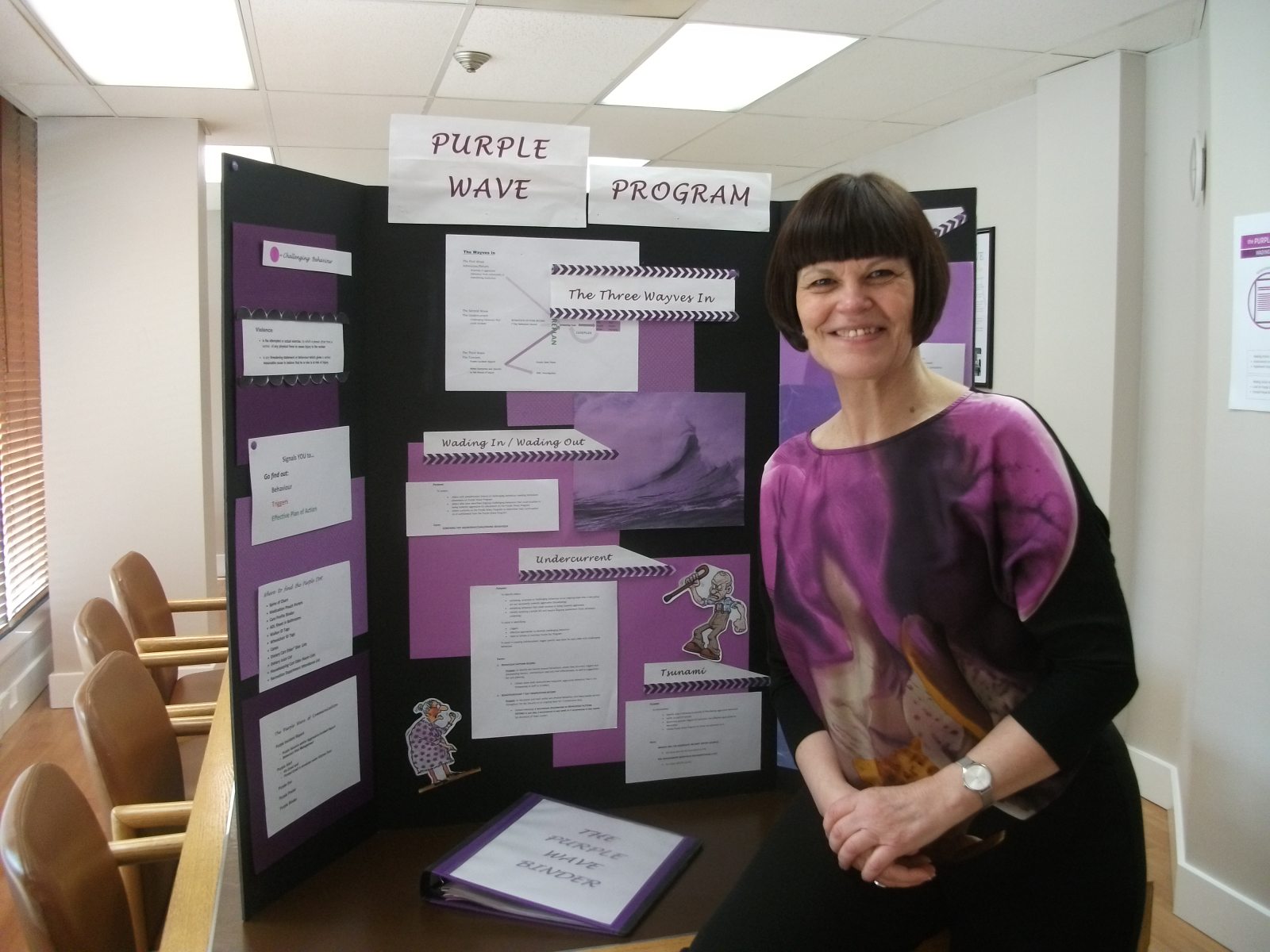Last summer SafeCare BC launched the #BeCareAware campaign aimed at raising awareness around the importance of safety in the workplace.
As part of the campaign, they challenged YOU to join hundreds of your continuing care colleagues across the province in creating safer work environments.
Over the past few months, SafeCare BC has shared a number of success stories. profiling care providers who have demonstrated outstanding effort in fostering a culture of safety in their work environment.
This month features Broadway Pentecostal Lodge and their innovative approach to residents with challenging behaviour. Read the full story below.
Also, don’t forget to visit SafeCare BC’s Resources and Links page! Here you can find a variety of tools and guides for making your work a safer place. Click here.

Want To Learn More About Workplace Safety?

SafeCare BC Executive Director, Jennifer Lyle, will be presenting two sessions on workplace safety at the 2015 BC Care Providers Association Annual Conference. The two sessions are titled:
- Linking Person-Centred Care to Staff Safety: Training through a Dementia Lens
- Safety in Our DNA: How Organizational Culture is Harnessed to Create Safer Work Environments
SafeCare BC’s sessions are part of a stream of presentations on Occupational Health & Safety(OHS), including a presentation by WorkSafeBC. In this special WorkSafeBC session participants will learn about Point of Care inspections being conducted by Prevention Officers in long-term care facilities and what to expect if an officer shows up at your facility.
With over 60 speakers as well as 24 panel discussions and presentations, this is a conference you will not want to miss! Don’t wait, register today!
Catching The Purple Wave: Broadway Pentecostal’s Approach To Challenging Behaviour
In 2012 Broadway Pentecostal Lodge, a 114 bed complex care facility in the Vancouver False Creek area, was faced with an increase in challenging behaviour among residents with dementia. The facility decided to take a proactive approach to curb the rising stress amongst staff.

Within several months, Jeanette Thompson, Administrator at Broadway Pentecostal, and her team developed and implemented the “Purple Wave” program. Instrumental in the development and teaching of the program was Akasha Ma’at, RN and Paul Henrik Borup-Jorgenson, Social Care Worker at the time, at the lodge.
The Purple Wave Program was initiated when it became apparent that caregivers and support staff were increasingly feeling threatened and challenged during interactions with elders expressing challenging behaviour. “In fact it became clear that staff members perceived they had to tolerate inappropriate behaviours. It had simply become an expected part of the work experience. This included staff from all departments,” said Ma’at.
Over the past several years, the number of residents in care demonstrating aggressive behaviour has been steadily rising in care homes. This has been in part due to the growing prevalence of dementia among an ageing population.[1] Aggression among elders with dementia can be caused by a number of factors including physical discomfort, environmental factors, and deteriorating communication skills.[2]
Designed to identify individual triggers and prevent them from escalating to aggressive behaviours, the Purple Wave Program adopted a safe, healthy, and effective solution while minimizing the use of pharmaceutical drugs.
“Through education sessions, staff members were sensitized to recognize challenging behaviour and their triggers, as well as develop effective physical and verbal interventions to de-escalate these situations. This led to decreased triggers for those elders on the program,” says Ma’at. While some staff excelled naturally in recognizing and responding to residents, others gained new knowledge, understanding and skills through the program to succeed in safe, supportive interventions with the residents.
Since its initiation in 2012, Broadway Pentecostal’s Purple Wave program has proven highly effective at mitigating challenging behaviour among residents. All of this has translated into better quality of care for residents and a safer workplace.

Stages of a Wave
When a new resident moves into Broadway Pentecostal, they receive an initial evaluation by the care team. The team considers any history of violence and monitors the resident for signs of aggressive behaviour while the individual is adjusting to their new home. If during the first few days the resident expresses challenging behaviour, the team documents what triggered it and a unique Purple Wave care plan is designed specifically for the individual. Every three months and more frequently if needed, the resident and their unique care plan is reassessed to ensure it is up to date and remains both effective and relevant. If the trigger for the behaviour is due to a physical issue (i.e.: infection or pain) or environmental (noise, temperature, incompatible table mate), the issue must be resolved before the final determinant is made that the person must be placed on the Purple Wave program. Using the Purple Wave terminology, the resident is known as “wading” into the program during the assessment period.
As noted, the staff at Broadway Pentecostal have developed terminology when defining types of incidents that occur. A commonly-used term is “undercurrent”. An undercurrent is defined as minor aggression or expressive behaviour that could potentially lead to a threatening outburst if triggers are not identified and resolved supportively. Because of the process and increased awareness, communication and care planning, staff are able to intervene before it escalates. The method of intervention and its effectiveness is then recorded along with the triggers that led to the behaviour. Frequent undercurrents are tracked and graphed in the resident’s profile. If trends show high potential of an outburst, the resident is placed onto the Purple Wave program which includes increased communication to all staff so they may be aware and support the individual in a way that reduces the risk of triggers thus promoting positive outcomes.
A “Tsunami” refers to a verbal or physical incident that threatens another staff member, resident, or family member. When a tsunami occurs, all staff members are immediately notified and the Purple Wave team meets to review the incident report. Once the resident is on the Purple Wave program, a purple dot is placed on their chart and their ADL sheet which is discreetly placed in resident rooms. The purple dot informs staff that this person has a history of challenging behaviour. It promotes on the spot awareness cueing the staff to follow up and learn more. It is the responsibility of the staff member providing care to review the resident’s chart, identify common triggers, find out what supportive interventions work, and determine how to appropriately provide care for the resident. Each department has a binder that outlines the program, how to support residents, and an identifying picture of residents currently on the program (reviewed/revised every three months or as needed), empowering staff to identify and care for residents at risk to the best of their ability.
“With the program, staff are more confident in their interactions and are able to support each other effectively,” says Ma’at. “All staff at the Lodge have access to knowing which elders are currently on the program, their triggers and the specific interventions used with each of them. This has been very empowering for staff individually and as a team. Because of the effectiveness of the program, all staff have become involved and quickly report behaviours, triggers, and effective actions they have taken.”
The Key To Success Is A Staff Run Program
Ma’at emphasises how the success of the Purple Wave program can be attributed to it being staff-run. It is the caregiver on the front-line who identifies what works for a resident and adds it to their care plan. This approach is highly important as staff are not told how to care, but create the care plan themselves.

“A Purple Wave Team, with representation from all departments, leads the wave. Members act as a resource for staff and meet regularly to review and revise the program. They prepare presentations, games and quizzes for staff to review the process and orientate new staff, keeping everyone up to date.” Purple Wave training is ongoing as well as a key feature during Safety Week at the Lodge.
The Purple Wave program has also proven successful in fostering a culture of safety. By reducing emotional stress among staff, caregivers are more confident when delivering care. The program encourages staff to develop innovative methods to ease challenging behaviour.
“For example, residents that are known to grab a staff member’s arm when being cared for are given something to hold,” says Ma’at. With a person centred approach in mind, the team is currently exploring the use of personalized iPods loaded with the individual’s preferred music. The music is then played for the individual as a calming intervention prior to providing care or other interactions. The Purple Wave program is not static – as new tools become available to support elders, these are trialed on a case by case basis to support the well-being of both residents and staff.
Creating Harmonious Relationships
Ma’at explains how although the number of challenging residents has grown at Broadway Pentecostal, stress experienced by care staff has declined due to the effectiveness of the program. If staff were facing the current number of challenging residents three years ago before the plan was initiated, they would be burnt out, over-stressed, and likely have higher rates of absenteeism due to sick days says Ma’at. However with the initiation of the Purple Wave program, the team has been able to manage and even reduce the negative toll on caregivers.
“Now that staff have a better understanding of challenging behaviours, elders are less likely to experience triggers and when they do staff have the ability to effectively intervene. This has created more harmonious relationships with elders and a safer environment for both elders and staff.”
Ma’at explains how staff at Broadway Pentecostal are no longer working from a place of fear when caring for challenging residents; instead they are working from an enhanced person centred place of confidence which directly translates into higher quality of care. Kudos to the Broadway Pentecostal Lodge team for setting the bar high when it comes to fostering a culture of safety and delivering person centred care!
Do you have a Success Story you would like to share? Contact Keivan Hirji at khirji@safecarebc.ca for more information.
[1] “What Is Dementia?” Dementia – Signs, Symptoms, Causes, Tests, Treatment, Care. Web. 20 Mar. 2015. <http://www.alz.org/what-is-dementia.asp>.
[2] “Aggression and Anger | Caregiver Center | Alzheimer’s Association.” Alzheimer’s Association. Web. 20 Mar. 2015. <http://www.alz.org/care/alzheimers-dementia-aggression-anger.asp>.



